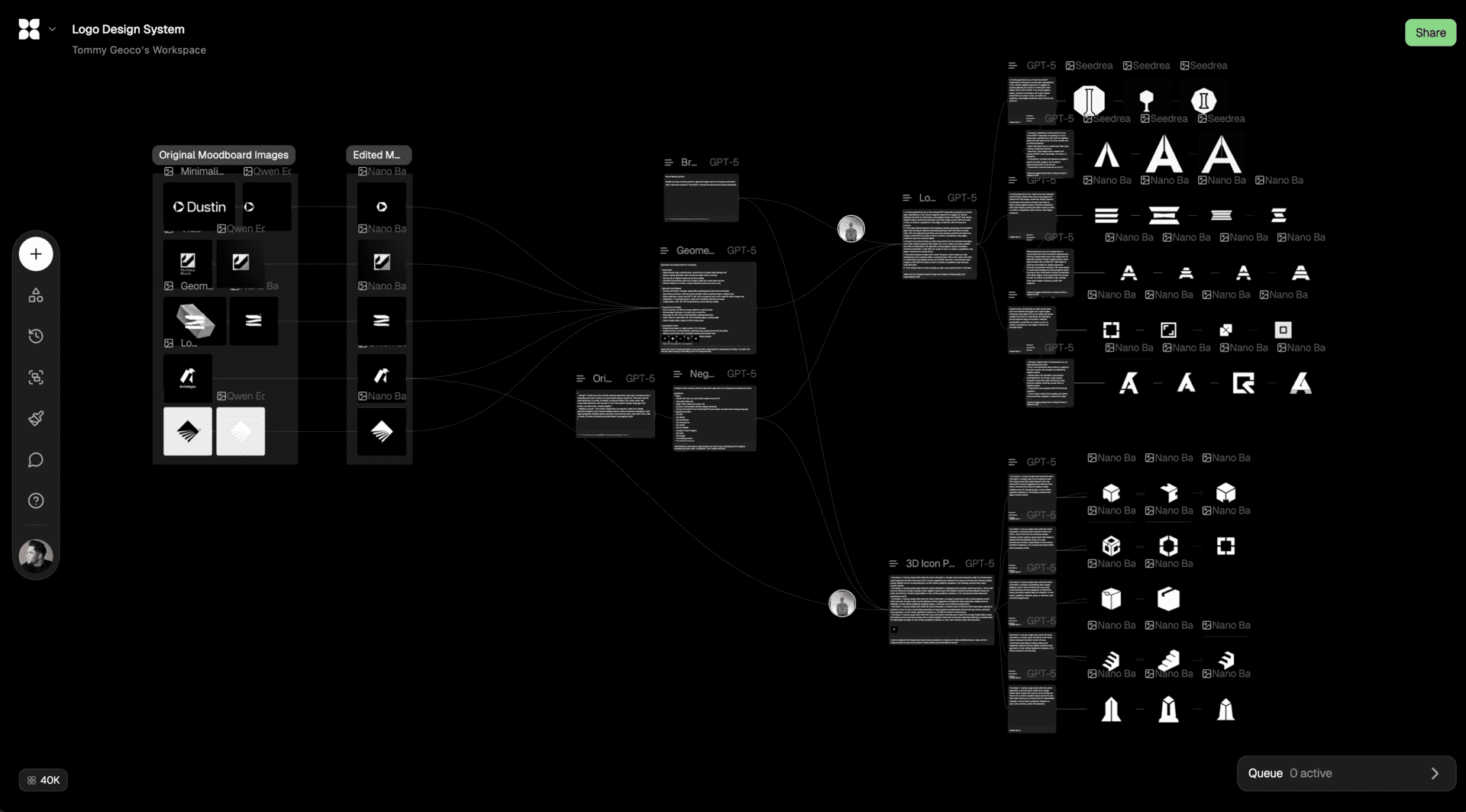
Tools
Dec 12, 2025
Read manifesto

Tools
Dec 12, 2025

Tools
Dec 12, 2025

Tools
Dec 12, 2025

Collaboration
Dec 4, 2025

Collaboration
Dec 4, 2025

Collaboration
Dec 4, 2025

Tools
Oct 9, 2025

Tools
Oct 9, 2025

Tools
Oct 9, 2025

Interactions
Jul 9, 2025

Interactions
Jul 9, 2025

Interactions
Jul 9, 2025

Tools
Jun 18, 2025

Tools
Jun 18, 2025

Tools
Jun 18, 2025

Tools
Jun 4, 2025

Tools
Jun 4, 2025

Tools
Jun 4, 2025

Tools
May 16, 2025

Tools
May 16, 2025

Tools
May 16, 2025

Collaboration
May 6, 2025

Collaboration
May 6, 2025

Collaboration
May 6, 2025

Tools
Apr 30, 2025

Tools
Apr 30, 2025

Tools
Apr 30, 2025

Community
Apr 23, 2025

Community
Apr 23, 2025

Community
Apr 23, 2025

Branding
Apr 11, 2025

Branding
Apr 11, 2025

Branding
Apr 11, 2025

Research
Nov 14, 2022

Research
Nov 14, 2022

Research
Nov 14, 2022

Communication
May 5, 2022

Communication
May 5, 2022

Communication
May 5, 2022

Research
Apr 5, 2022

Research
Apr 5, 2022

Research
Apr 5, 2022

Research
Mar 8, 2022

Research
Mar 8, 2022

Research
Mar 8, 2022

Portfolio
Feb 8, 2022

Portfolio
Feb 8, 2022

Portfolio
Feb 8, 2022

Portfolio
Jan 10, 2022

Portfolio
Jan 10, 2022

Portfolio
Jan 10, 2022

Communication
Dec 14, 2021

Communication
Dec 14, 2021

Communication
Dec 14, 2021

Interactions
Nov 9, 2021

Interactions
Nov 9, 2021

Interactions
Nov 9, 2021

Research
Oct 25, 2021

Research
Oct 25, 2021

Research
Oct 25, 2021

Research
Oct 13, 2021

Research
Oct 13, 2021

Research
Oct 13, 2021

Research
Sep 20, 2021

Research
Sep 20, 2021

Research
Sep 20, 2021

Research
Sep 8, 2021

Research
Sep 8, 2021

Research
Sep 8, 2021

Research
Aug 25, 2021

Research
Aug 25, 2021

Research
Aug 25, 2021

Research
May 24, 2021

Research
May 24, 2021

Research
May 24, 2021

Techniques
Apr 28, 2021

Techniques
Apr 28, 2021

Techniques
Apr 28, 2021

Techniques
Mar 17, 2021

Techniques
Mar 17, 2021

Techniques
Mar 17, 2021

Research
Jan 5, 2021

Research
Jan 5, 2021

Research
Jan 5, 2021

Tools
Dec 21, 2020

Tools
Dec 21, 2020

Tools
Dec 21, 2020

Research
Dec 8, 2020

Research
Dec 8, 2020

Research
Dec 8, 2020

Interactions
Nov 17, 2020

Interactions
Nov 17, 2020

Interactions
Nov 17, 2020

Psychology
Oct 27, 2020

Psychology
Oct 27, 2020

Psychology
Oct 27, 2020

Research
Oct 12, 2020

Research
Oct 12, 2020

Research
Oct 12, 2020

Techniques
Sep 20, 2020

Techniques
Sep 20, 2020

Techniques
Sep 20, 2020

Interactions
Sep 8, 2020

Interactions
Sep 8, 2020

Interactions
Sep 8, 2020

Interactions
Aug 7, 2020

Interactions
Aug 7, 2020

Interactions
Aug 7, 2020